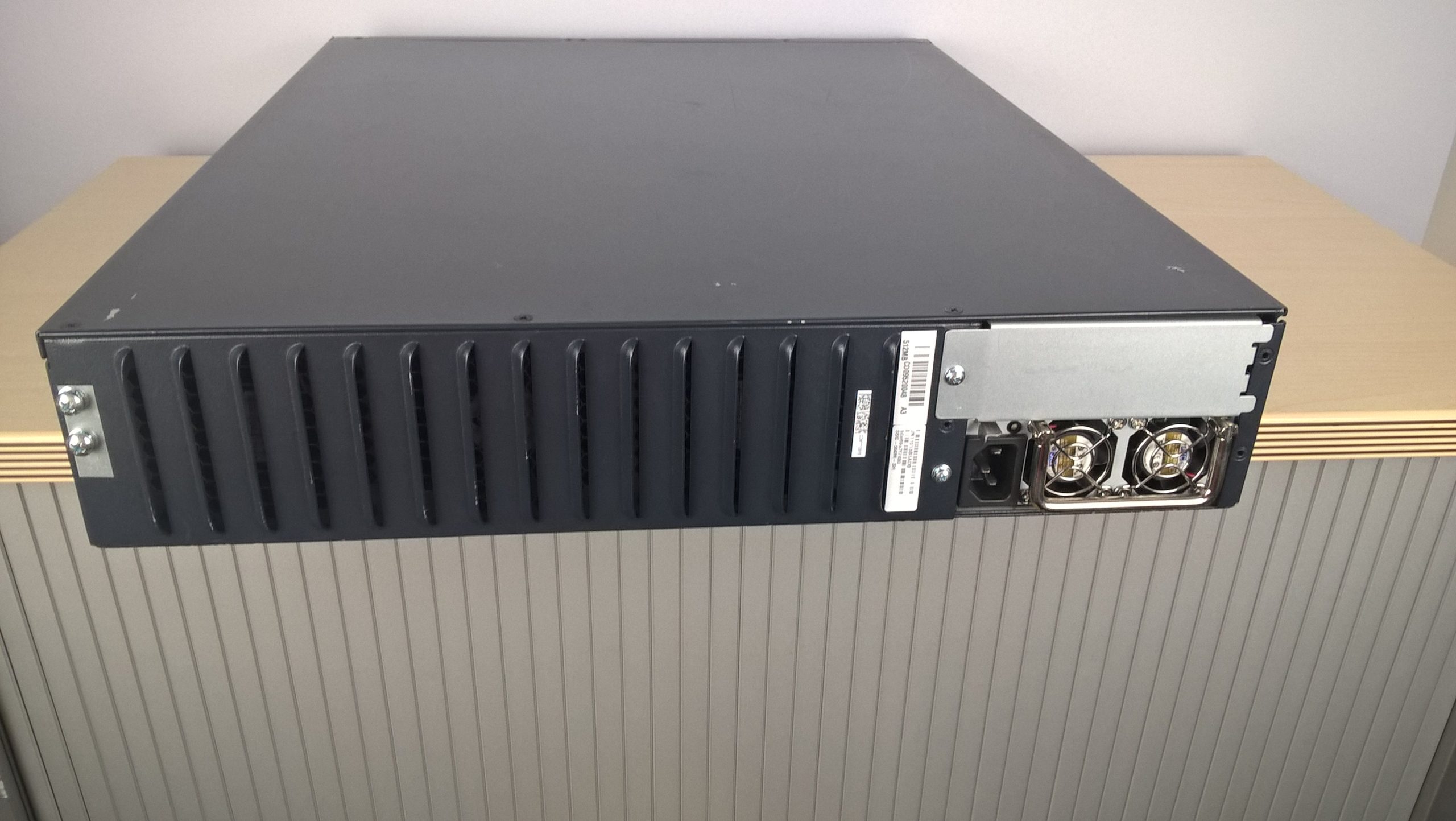Unraveling the Mystery: How VLC Media Player Resolved My Game Performance Issues
If you’re an avid gamer, you understand the importance of smooth gameplay and consistent frame rates. Recently, I encountered a perplexing situation with a favorite game of mine, Spelunky, a charming roguelike platformer. Initially, the game ran seamlessly on my Asus VivoBook, equipped with an AMD Ryzen 5 and Vega 8 Graphics. However, a few months ago, I began experiencing significant frame rate drops, plummeting to around 50fps and plagued by erratic fluctuations that rendered the game nearly unplayable.
After exhausting all avenues in my quest for a solution—ranging from game settings adjustments to hardware checks—I stumbled upon a surprising fix nestled deep within a Steam discussion thread. The suggestion was simple yet baffling: run the game while VLC Media Player is open. Skeptical yet intrigued, I decided to give it a shot.
To my astonishment, it worked flawlessly. Not only did Spelunky run without any hitch, but I also achieved a steady 60fps without any fluctuations. The outcome left me scratching my head. How could two seemingly unrelated applications influence one another in such a significant way?
Curiosity got the better of me, so I decided to experiment with another title: Halo Combat Evolved for PC—a game that had been struggling to maintain a playable frame rate, often lagging between 15-20fps. To my utter disbelief, launching this classic alongside VLC also yielded perfect performance, clocking in at a smooth 60fps.
This unexpected revelation raises intriguing questions about the synergy between multimedia applications and gaming performance. While I may not fully understand the mechanics at play, it’s a fascinating reminder of how solutions can come from the unlikeliest of places.
For gamers out there who might be running into similar issues, perhaps it’s worth trying this unconventional trick. You might just find that a simple media player can turn your gaming experience from frustrating to fantastic.
Share this content:




Thank you for sharing your interesting experience. While it’s quite uncommon, running VLC Media Player during gameplay might inadvertently influence system resources or background processes, potentially leading to performance improvements. One possibility is that VLC’s media buffering, hardware acceleration, or its effect on system I/O could positively impact overall system responsiveness. However, this behavior isn’t typical, and it might be related to specific system configurations or background processes in your environment.
To troubleshoot or replicate this effect, consider the following steps:
While it’s a unique workaround, further investigation might be necessary to determine the exact cause. If the phenomenon persists, you might also explore system or driver configurations, or consult with hardware experts